 Tiber River gave me the opportunity to review the book, The Signs of the Times: Understanding The Church Since Vatican II, which contains the writings of the late Fr. Richard W. Gilsdorf. His writings have been edited and compiled by Patrick Beno in 2008. Fr. Gilsdorf was instrumental in navigating the tidal waves of confusion following Vatican II for he understood what was happening and sought to stay true to Holy Scripture, Sacred Tradition and the Magisterium. He was a priest in the diocese of Green Bay, Wisconsin from 1956-2005 during this time as he championed Catholic doctrine.
Tiber River gave me the opportunity to review the book, The Signs of the Times: Understanding The Church Since Vatican II, which contains the writings of the late Fr. Richard W. Gilsdorf. His writings have been edited and compiled by Patrick Beno in 2008. Fr. Gilsdorf was instrumental in navigating the tidal waves of confusion following Vatican II for he understood what was happening and sought to stay true to Holy Scripture, Sacred Tradition and the Magisterium. He was a priest in the diocese of Green Bay, Wisconsin from 1956-2005 during this time as he championed Catholic doctrine.Get ready for a long read, this book is over 500 pages long, containing his earlier writings before Vatican II Council and then mainly focusing on the developments within the Church but also ends with some of his later works. Once you get to the meat of the book, he begins it with a disclaimer, alerting or almost warning the reader to his view "for those who dislike my position and are not at all curious as to why I hold to it can spare their eyes, minds and emotions the inevitable pain." Fr. Gilsdorf comes across as intelligent, witty, truth seeking, and humble all at the same time. After reading his work, I have no doubt that he loves the Triune God, Our Blessed Mother and the Holy Catholic Church as well as his own parish, Holy Trinity Church.
In my opinion, this is not an easy read. It's well thought out and researched with many footnotes in each chapter that makes the reader think about what he is saying. For me, there was a lot of time spent trying to understand those times. I was born after Vatican II and grew up unaware of any of the rumblings and dissension that occurred from this council. In fact, I'd only heard of the council and the crisis in the church, in adulthood and was blissfully unaware of the problems that resulted. It's not even something I remember overhearing my parents and other family members discussing.
Am I one of those directly affected by this Council? Could this explain why I was poorly catechized as a child? I'm one of those adults who grew up thinking they understood Catholic doctrine yet when confronted by a non-catholic, I realized I had no answers to the questions I was asked. So yes, I was poorly catechized as a child and have been doing catch up ever since. Was Vatican II to blame? I can't say that with any certainty but the fact remains, I was poorly catechized. Nor am I an authority to judge or evaluate the works of Fr. Gilsdorf but after reading his work, I do not believe he was a heretic nor sought to add to the dissension. In fact, he sought to set things straight, to be true to God's word, to avoid secularism and modernism. He seems like he was a lone voice of truth. I would have liked to have met Fr. Gilsdorf. I would imagine that he was a champion of the unborn!
Mr. Beno, the editor, who knew Fr. Gilsdorf personally and admired him greatly, believes this book is important to all Catholics. I believe Fr. Gilsdorf does an excellent job in bringing the reader back to those chaotic times all around the world. For those who want to understand the most recent history of the Catholic Church, then this book is for you. You can get it from Aquinas and More. No monetary compensation was given for my review.
Blessings,
Noreen
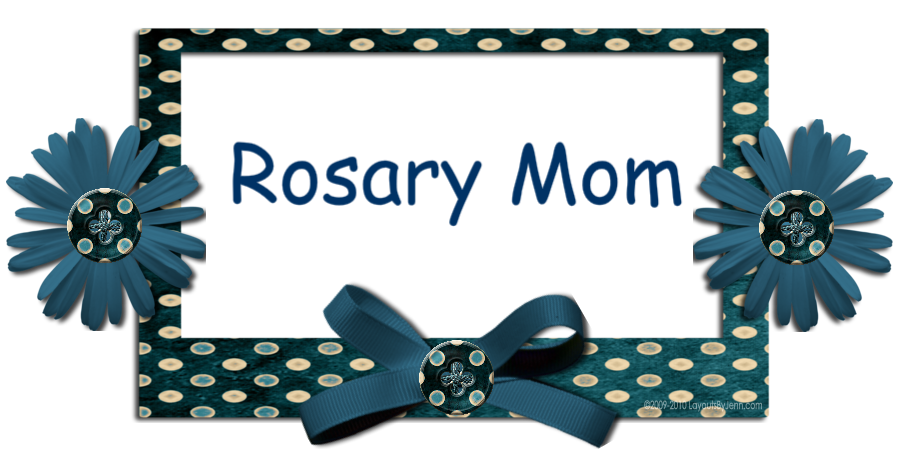


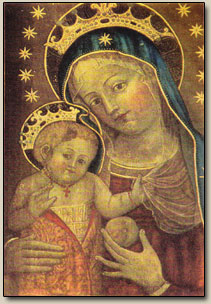
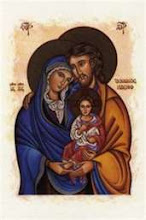



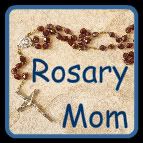


















.jpg)











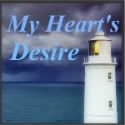





Ooooh, that sounds like a wonderful read! Something that I might be able to sink my teeth into over the summer as our family takes a respite from the honorable and holy toll that sending our children to Catholic school (we have to commute quite a distance) takes on our free time. Also, my Catholic Women's Group takes a break over summer so I will definitely be looking for a good read!
ReplyDeleteI feel like I have been playing catch up too with my faith, although I do feel better equipped to effectively argue the Church's position on various social issues...now my struggle is with finding the courage to do so! I heard a great segment on Catholic Radio this afternoon (Scripture with Marcus Grodi, I think) and he quoted a passage from Ephesians that stood out to me...about Speaking the Truth from Love. Used to be...Catholics spoke the Truth, but often winning the battle, but losing the War with others...TODAY...so many speak with Love, but have Lost the Truth in our all-to-politcally correct society!
Such enlightening thoughts from St. Paul!!!!
How insightful of Marcus Grodi. I so enjoy his Journey Home program on EWTN. Haven't seen it in awhile though. You must really believe in a Catholic School education to drive a ways for it every day. We sent our son to Catholic School this year to avoid public middle school. It's had it's ups and downs but I know he's in the right place. Thanks for visiting Valerie!
DeleteHi Noreen,
ReplyDeleteThank you for another wonderful review! 500 pages. Wow! That is a big book. I am very interested in what happened at and after Vatican II. There seems to be so much discussion, some liking the changes, others saying that
is where the problems of the Church came from, some saying the changes were too quickly and poorly implemented.
I was reading Rumer Godden's novel "In This House of Brede" the other day (a wonderful book) and she described how the changes coming from Vatican II affected the nuns in the story. Like in every society, there were the progressive nuns who were all for change and then others who were worried that the beautiful traditions of the Church would be lost.
It sounds like a very valuable book that could teach us a lot, both about the past and where we are now.
God bless.
Hi Sue, it is a big book for me when I have to really think as I'm reading to place it into context. Plus, I found myself continually checking the footnotes and reading them too. He talks about the movers and the shakers of that time, and they're all new to me.
DeleteJust put a hold on the book you recommended at my library. Thanks for the tip!
500 pages and not an easy read !!!
ReplyDeleteThis is a bit too much for me Noreen. I'll wait until the movie of the book comes out.
How are you keeping? I hope and pray you're well. Haven't seen you visiting me lately and I wondered if you're OK.
God bless.
Haha...I wish it would come out in a movie! And I'm doing well, just haven't been on the blogosphere much lately. Took a couple weeks off and then Tiber River was sending me reminders to post my review so, I did. I will come visit you today!
DeleteGreat review, Noreen! That's a big undertaking! I often wonder how to diplomatically review a book...even if it's not my favorite... Yours was a nice honest review of an intense book!
ReplyDeleteHey...I'm trying to email you a craft kit to review but the email address I have for you bounced...can you send me your current email to mmcconkey[at]rogers[dot]com? Thanks!
I know what you mean Monica. I have yet to read a book that I'm to review and not like it in some fashion. Sometimes, they're difficult for me to take it in and I have to read it slowly like this one but I think because I choose the book, chances are it will resonate with me.
DeleteJust emailed you.